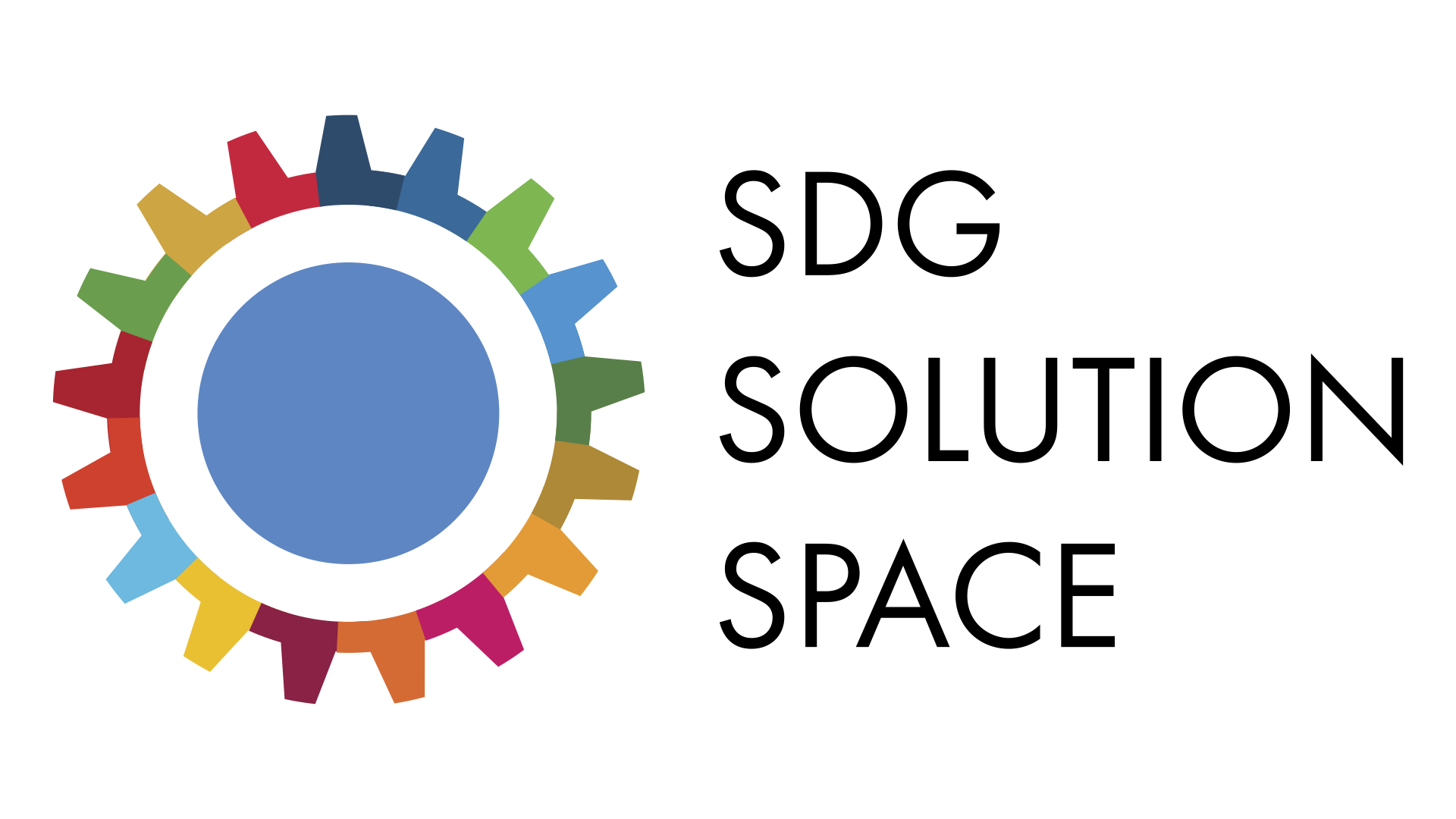Summer School 2017
The SDG Summer School has three parts:

Part 1 (3-14 July, Geneva)
During the Geneva part of the SDG Summer School, the focus is on meeting with experts from the University of Geneva, the UN and other International Organizations to explore how various forms of open data and technologies could make a difference in tracking and tackling the SDGs. Based on expert guidance, students work in teams to conceive novel solutions, suitable for use by students and their teachers in middle and high school.
Part 2 (17 July – 11 Aug)
During the SDG Summer Project, which lasts four weeks, student teams develop their concept and design a prototype, while working in one of the laboratories of a recently established network called the United Labs for the Global Goals. These labs each have their own area of expertise, and the location of each team will depend on the project’s specific needs.
Part 3 (14 – 25 Aug, China)
At the Tsinghua part of the School, students spend one week in Beijing and one in Shenzhen. They work with a range of low-cost consumer technologies and open source software tools in order to build their prototype, in close collaboration with Chinese middle and high school students. They learn about how their prototypes can be produced in China’s vibrant manufacturing hub Shenzhen, and present their final results to a panel of design, development and production experts.
The SDG Solution Space: for students, by students.

Challenge by: WHO/Institute of Global Health/ MSF
Tackling the global snakebite crisis: Opportunities for participatory approaches to ecology and health in the Digital Era.

Challenge by: UNICEF/UNEP
Shifting climate change from being something big, complex, and inaccessible, to something simple and actionable.

Challenge by: UNOG/UNESCO
Development of “SDG Hunter” game and provide the associated data to the UNESCO “grassroots SDG indicators” projects.

Challenge by: GHL/ICRC/CoDesign-It!
Develop new solutions for rapid prototyping in challenging situations .

Challenge by: UNICEF-Vietnam/TULLL (Tsinghua U. Lifelong Learning Lab)
Appling innovations from open water quality monitoring in the Mekong delta.

Challenge by: UNOG/UN Library
Crowdsourcing the digitalisation of the « League of Nations » archive.

Challenge by: CERN/WMO
Develop an open hardware cosmic ray detector for climate change applications.

Challenge by: CERN/Swiss TPH
Novel volunteer computing resources for simulating epidemiology.
